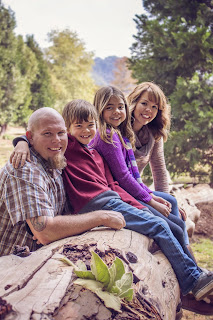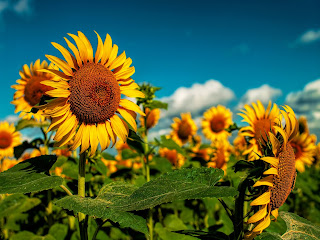Pokémon Go is the latest craze to hit the gaming world. The
location-based, augmented reality game has proved to be hugely popular across
the globe and has been praised by some medical professionals for potentially
improving the physical and mental health of players.
No doubt, schools have been full of students searching for
rare Pokémon during break and lunch times but can Pokémon Go provide meaningful
learning experiences for students within the classroom? We think so and here are a few ideas how!
- Encourage students to learn about the history and geography of the local area by creating a Pokémon-themed game map. Print out a map of the town and ask students to identify significant landmarks where they would place a PokéStop. They can then research the landmarks and justify their choices by giving information as to why the locations are relevant to the culture or history of the area.
- Develop mapping skills by using Google Maps alongside the Pokémon Go app to identify all PokéStops within a certain radius and map out a route to visit each one. Students could try and find the route that will be quickest, shortest or most scenic! Add some maths practice by putting a time limit on their walk or working out how long each route will take to complete.
- Pokémon Go measures distance in kilometres, something especially relevant for eggs which are incubated until the player has walked a certain distance. Task students with converting the hatching distances from kilometres to miles. If they have eggs incubating get them to work out how much further (in miles) they need to walk before they will hatch.
- Use the information found in the Journal and/or Pokédex to develop data literacy. Get students to analyse the Journal data collected and work out their average number of events per day or create a graph of their allocation of items from a PokéStop. The Pokédex provides information on individual Pokémon. Challenge students to calculate the total weight of the Pokémon they have collected or how many of a certain Pokémon you would need to stretch across the length of your classroom/football field/town/country!
- Encourage digital storytelling by asking students to write stories about the Pokémon they capture in the game. Students can use screenshots of their game play in augmented reality mode to incorporate into their stories.
In Australia, Craig Smith, an academic specialising in Autism
research, found that his students’ social skills had improved and they appeared
more engaged with their learning though being allowed to use the game both in
and out of the classroom. Speaking to The
Independent, he said “We wholly embrace whatever it is that kids are interested in and use
that as a window into their world and bridge into further educational
opportunities for them”.
“For many of the children I
teach it’s hard to engage in social activities – even going down to the shops
can be socially overwhelming. But what we’re seeing with the Pokémon craze is
the same students are making conversation and engaging in social activities
through the game.”
Mr Smith’s iTunes U course, ‘Explore
Everything with Pokémon Go!’ aims to inspire children with and without autism to practise
social skills, explore senses, to learn and to teach others.










